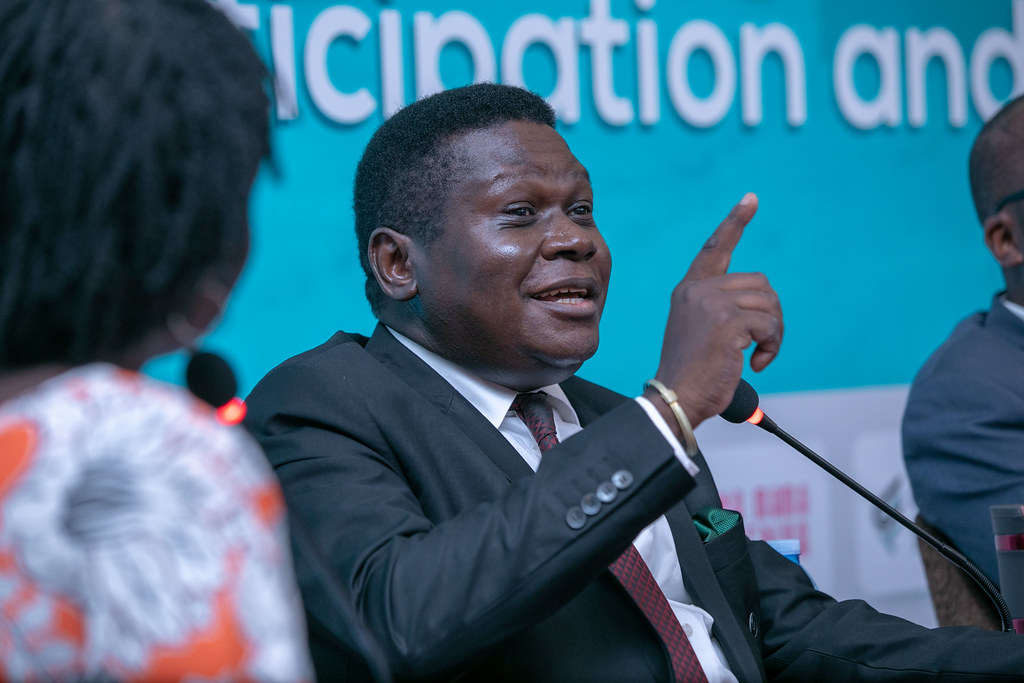The pursuit and preservation of power have never been the primary objectives of a political party or a national government.
Democracy is a fragile concept, nurtured and sustained by enlightened purpose, self-sacrifice, and even negotiations.
However, the so-called political science experts overseeing Uganda’s current political landscape should be cautious not to succumb to the allure of power hegemony and political uniformity.
This path carries indescribable dangers and a perilous price that could shatter Uganda’s political foundations for centuries to come.
The “do-it-yourself” approach promoted by second or third-generation “freedom fighters” and rebranded African-style warlords will not lead Africa to glory.
What Uganda needs is a clear, enlightened vision that transcends emotionalism and seeks to avoid being pushed closer to chaos and disaster.
The current political ideology falls short of providing a practical blueprint tailored to the ever-changing exigencies of the nation.
The situation is fluid and constantly evolving. Even today, Russia is grappling with the aftermath of the Stalinist era, which may take many agonised centuries to rectify.
In Uganda, the fixation on power at all costs has led to an intractable succession and transition deadlock, resulting in a political mess.
The evidence of this spiritual darkness is the fragmented opposition, where once-strong parties have seemingly sold out their principles.
The Justice Forum (JEEMA) is allegedly acting as a National Resistance Movement (NRM) sub-contractor.
The Democratic Party (DP) leader, Norbert Mao, has become a part of the “broad-based” government, raising doubts about its commitment to democratic values.
Similarly, the memorandum of understanding with the Uganda People’s Congress (UPC) has thrown the party into disarray.
The National Unity Platform and Forum for Democratic Change (FDC) are not exempt from this malady.
In Uganda, power has been personalised, reducing the state to a cooperative for a handful of individuals who captured power through force.
These individuals, motivated by self-enrichment, have rebranded themselves as “patriots” and freedom fighters.
The current generation of freedom fighters is more focused on power and control than the well-being of the people. International norms, human rights, and public policy mean little to them.
They infiltrate other parties and hold them hostage, leading to the demise of the opposition in Uganda.
The question arises: what is the way forward for Uganda? How can opposition parties be saved from corruption and compromise?
It is a wishful idea, but attracting wealthy individuals like Elon Musk and Bernard Arnault to set up businesses in Uganda could make a difference.
These individuals, after turning Uganda’s resources into wealth, could engage in active politics for the betterment of society, rather than joining politics to escape poverty and oppress their communities.
With their resources and creativity, they could build inclusive political parties that promote competitive elections, striving for an egalitarian society. Without this, the thirst for wealth in Uganda will continue to tarnish everything it touches.
The writer is a Journalist with The Albertine Journal


Hi there would you mind letting me know which hosting company you’re working with?
I’ve loaded your blog in 3 different browsers and I must say this blog loads a lot faster then most.
Can you suggest a good internet hosting provider at a honest
price? Thanks a lot, I appreciate it!
I am no longer positive the place you are getting your information,
but good topic. I needs to spend a while studying more or working out more.
Thank you for fantastic info I used to be on the lookout for this info for my mission. https://wiki.team-glisto.com/index.php?title=Benutzer:FerneDowse
I believe that you may be so insular with your post just to stand out.
This is a very good tip particularly to those new to the blogosphere.
Brief but very precise information… Appreciate your sharing this one.
A must read article!